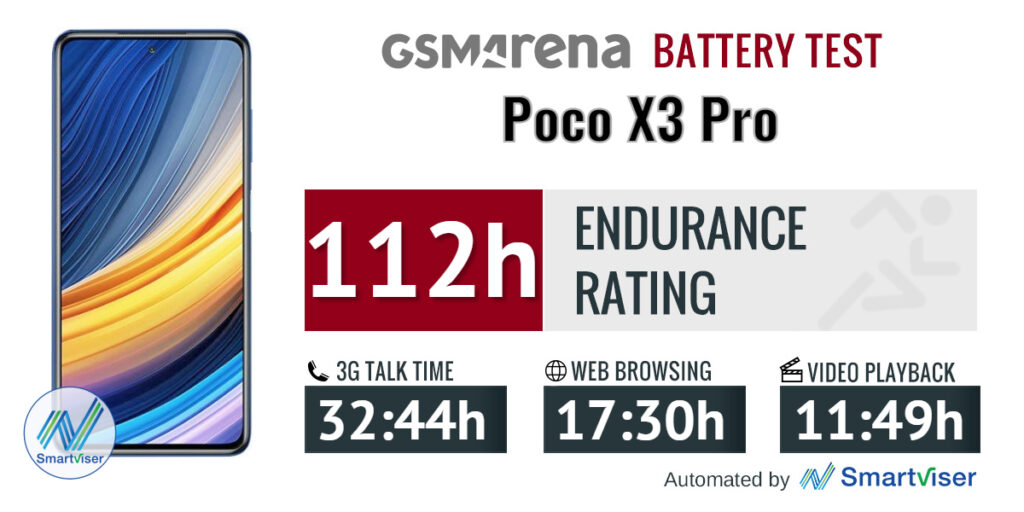Tips On How To Improve Your WordPress Website Speed
WordPress Websites can be made faster by following some steps. When you make your website faster, visitors will have a better experience and less frustration when using your site. Keeping up with these changes is essential to keep pace with other websites on the internet and search engines.
Below is a list of steps and suggestions to help you make your WordPress website faster.
-
Upgrade Your WordPress Version
The fastest way to improve your website load time is to update your WordPress version. The latest release of WP has fewer lines of code, improved performance, and security enhancements. So moving forward, users should upgrade their sites as soon as possible.
-
Install The Right Plugins
Plugins are programs that you install on your site which allow you to extend the functionality of your website. However, not all plugins are created equally. Some plugins run slow and can affect how fast your site loads. Check which plugins you have installed and delete those you do not use anymore to speed up your site.
-
Optimize Your Database
Your database stores images, text files, video files, and other information on your website; if large files are not stored in the database, these files should be moved from the WP directory. By moving unused data out of the wp-content directory speeds up single page load times.
-
Enable Compression
Enable compression because it reduces the number of bytes sent from the webserver to the browser. It is highly recommended that you enable compression as it will reduce your bandwidth usage and load times. You can find this option in the .htaccess file via cPanel or SSH/shell access.
-
Minify Your CSS And JS
To ensure that your site runs as fast as possible, use a plugin to minify your CSS and JavaScript files. This will help you cut down the number of HTTP requests your browser needs to send to load a website.
-
Optimize Images
TinyPNG is an online tool that reduces the size of images by up to 70%. The company says it has done this by reimagining how images are compressed. You can upload many images and have them all optimized in one go or select the one you want to compress from a file picker.
-
Enable GZIP Compression
Enabling gzip compression tells your webserver to compress specific files before sending them to the browser. This compression decreases the size of these files, which in turn decreases your bandwidth usage and load times. Your host has to enable GZIP for this option to work.
-
Combine CSS Files
Combine all of your stylesheets into one style sheet so that only one file needs to be loaded by the browser. Not only does this make your website faster, but it also allows you to edit the stylesheet using only one file.
-
Combine JavaScript Files
Combine all of your javascript files into one file so that only one file needs to be loaded by the browser. It's best to combine all of your scripts into a single script and then enqueue them all simultaneously.
-
Run Your Site Through A Performance Test
Run all of your websites through a performance test. There are free tools on the web that allow you to run your site through a performance test and then provide recommendations based upon what they find. These types of tests tell you where your website needs the most help, which is great for informing future decisions about how to optimize your site's speed.
There are many things you can do to speed up your site. From moving large files off of your WP directory and compressing images to updating WordPress and minifying CSS and JS, your site will load faster if you consider following these steps.








